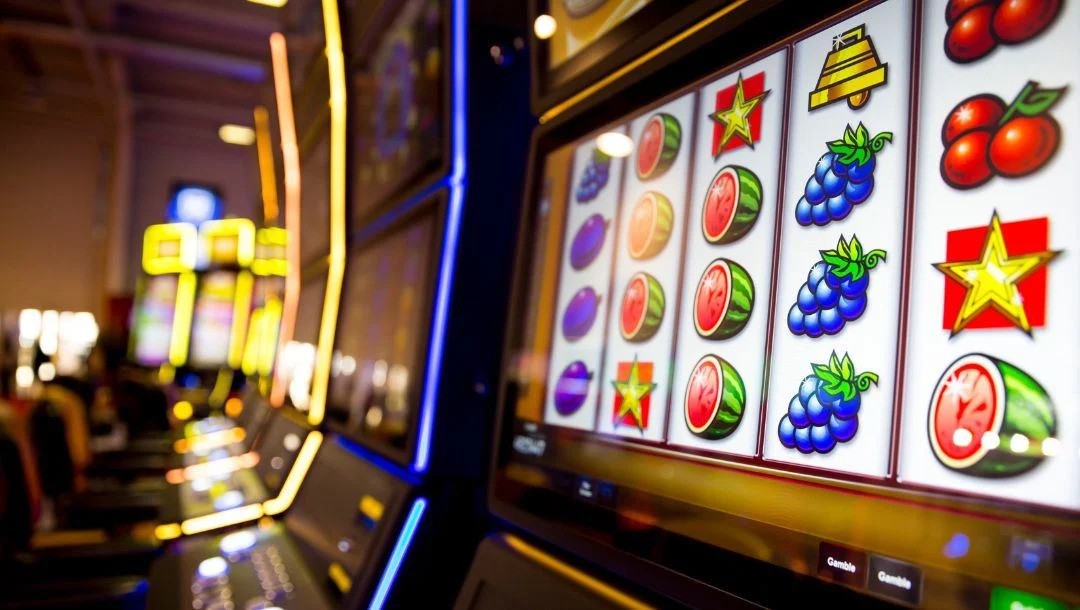Slot games have come a long way since their humble beginnings in the late 19th century. Originally, these ricslot games were simple mechanical devices that entertained people with their spinning reels and basic payouts. Today, they have transformed into sophisticated digital experiences, captivating millions of players worldwide. This evolution reflects not only advancements in technology but also changes in player preferences and gaming culture.
From Mechanical Reels to Digital Screens
The first slot machine, the Liberty Bell, was invented by Charles Fey in 1895. It featured three spinning reels with symbols such as horseshoes, diamonds, and the iconic Liberty Bell. Players would win by lining up the symbols in a row, a concept that remains central to slot games today.
With the advent of digital technology, slot games evolved from mechanical machines to electronic versions. The introduction of video slots in the 1970s revolutionized the industry by allowing more complex graphics, animations, and bonus features. This transition was marked by the development of microprocessors, which enabled the creation of video slots with enhanced gameplay mechanics.
The Rise of Online Slots
The late 1990s and early 2000s saw another major transformation with the rise of online casinos. Online slots brought the convenience of playing from home and offered a vast array of themes and variations that were previously impossible in physical casinos. These digital platforms introduced features such as progressive jackpots, where the prize pool grows as more players participate, creating life-changing opportunities for lucky winners.
Online slots also became known for their innovative game mechanics. Today, players can enjoy games with multiple paylines, cascading reels, expanding wilds, and interactive bonus rounds. The integration of storytelling and high-quality graphics has elevated the gaming experience, making each game not just a chance to win but also an immersive adventure.
The Appeal of Slot Games
The appeal of slot games lies in their simplicity and excitement. Unlike many other casino games that require skill and strategy, slots are straightforward and rely on luck. This accessibility makes them popular among both novice and experienced players.
The thrill of spinning the reels and the anticipation of landing a winning combination create a sense of excitement that is hard to match. The potential for significant payouts with relatively small bets adds to the allure, as players dream of hitting the jackpot and transforming their fortunes.
Moreover, the diversity of slot games caters to a wide range of preferences. Whether it’s classic fruit machines, fantasy-themed adventures, or branded slots based on popular movies and TV shows, there’s a slot game for everyone. This variety ensures that players are constantly engaged and entertained.
Trends Shaping the Future
The future of slot games looks promising with several trends shaping the industry. Virtual reality (VR) and augmented reality (AR) technologies are starting to make their way into the world of slots, offering even more immersive experiences. Blockchain technology is also being explored for its potential to enhance transparency and security in online gaming.
Additionally, the integration of gamification elements, such as leaderboards and achievements, is becoming more common. These features aim to increase player engagement by adding competitive and social aspects to the gaming experience.
